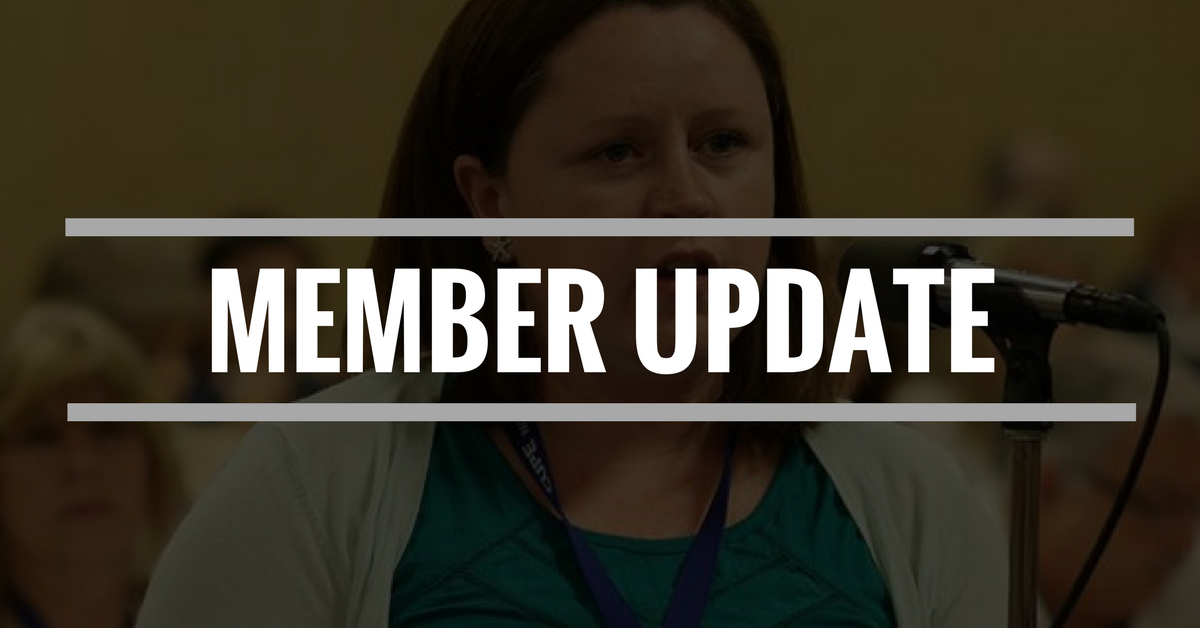Today, the Nova Scotia Council of Health Care Unions, NSHA, and IWK completed another seven days of conciliation without meaningful progress.
The Employer’s representatives from the NSHA and IWK have slowed the pace of bargaining significantly in the past two months. The Health Care Council of Unions has become increasingly frustrated by the Employers’ refusal to seriously consider important Union proposals.
The Health Care Council of Unions now believes the only way to get the Employers to take your bargaining proposals seriously and to help the Council conclude a collective agreement is to send a clear message to the NSHA, IWK and government.
In order to send that message, the Health Care Council of Unions is announcing today that it will soon hold Nova Scotia’s first ever province-wide Health Care Bargaining Unit strike vote.
That vote will include all 6,500 Health Care Bargaining Union members from Yarmouth to Halifax to Colchester to Cape Breton. It will involve Health Care Bargaining Unit memberships of NSGEU, CUPE, Unifor and NSNU.
Details of the strike vote will be released in the coming days. All the votes of Health Care Bargaining Unit members from all the unions at both the NSHA and IWK will be counted together as required by the constitution. Each of the four Unions will conduct their own votes, including holding information sessions as required.
In addition to stalling progress, the Employers continue to table new proposals more than a year after bargaining began and continue to propose significant clawbacks of benefits that our members currently maintain.
The Council of Unions has proposed language that currently exists elsewhere that allows the Unions to prevent the Employer from making unilateral changes to your dental and health benefits. The Employers proposal is one that would give them unilateral control of dental and health benefits with no consultation and complete authority of your dental and health benefits.
After more than a year of bargaining, the Employers tabled their sick leave proposal. The Employers proposed placing all members of the bargaining unit into an Accumulated Sick Leave plan. This would mean taking the Short-Term illness plan from the NSGEU members who currently have it. The Council of Unions has proposed moving all bargaining unit members into the Short-Term Illness plan with an MOA designed to protect a carryover component of accumulated banks for top-up of days for our CUPE members who would be converting from the accumulated plan.
The Employers also tabled a new proposal that allows them to reassign employees wherever the Employers wish. For the NSHA, that would mean being able to reassign employees anywhere in the province whether the employee wanted to go or not.
The Council of Unions, NSHA and IWK have further conciliation dates set for April 10th, 11th, 12th and again on May 2nd, 3rd, and 4th.
Essential Services Update
The essential services agreement covers all 6,500 Health Care Bargaining Unit members across the province, making it a very complex task. The Liberal legislation prohibits the health care unions from conducting a strike until an essential services agreement is reached. This, of course, has limited the Health Care Council of Union’s leverage at the bargaining table and is a primary reason why a strike vote is required to help create urgency to conclude a new collective agreement.
The Employers’ essential service negotiators walked away from the table in the summer and had refused to come back. The Employers returned to the table in March to continue discussions. The Council have now presented the Employers with their complete essential services plan for both the NSHA and IWK.
Please forward any questions via your Area VP .
Contact information is available on the CUPE 8920 website at 8920.cupe.ca/about-us/your-executive.

